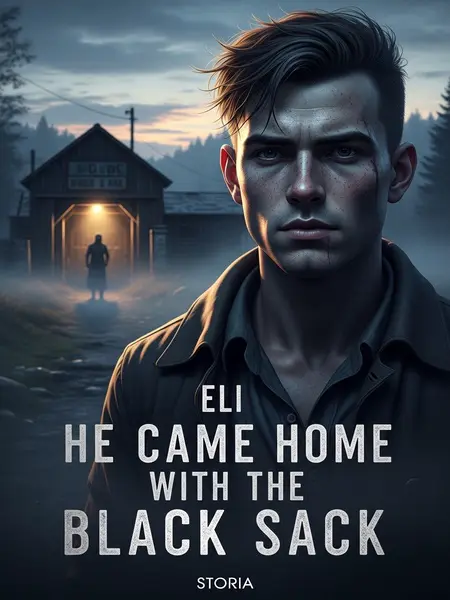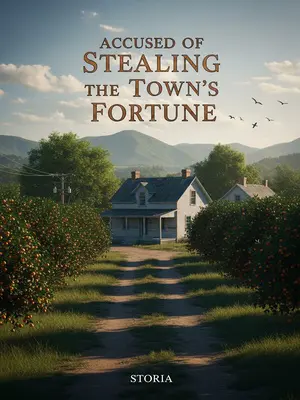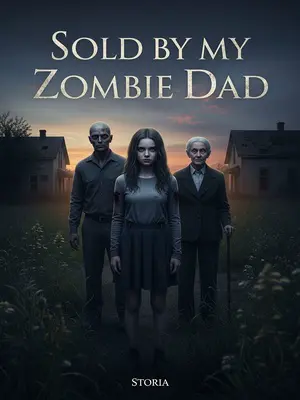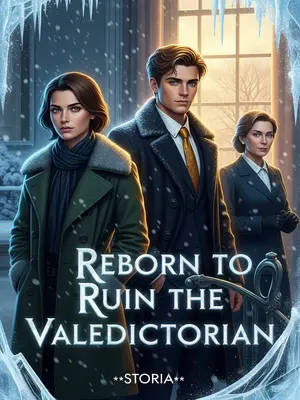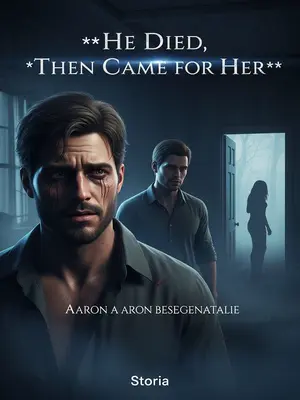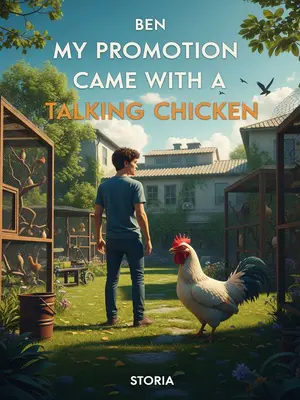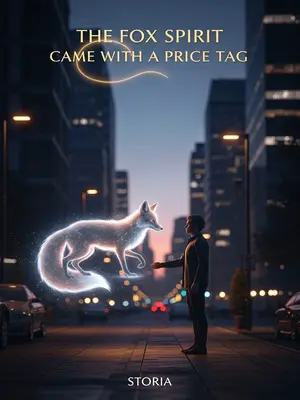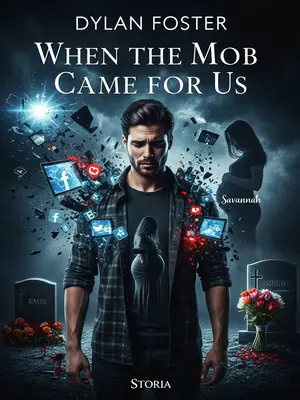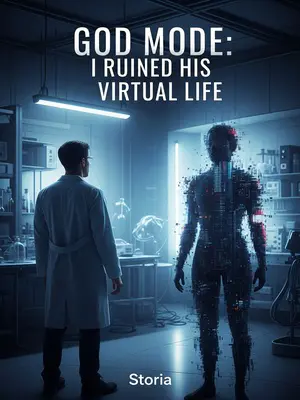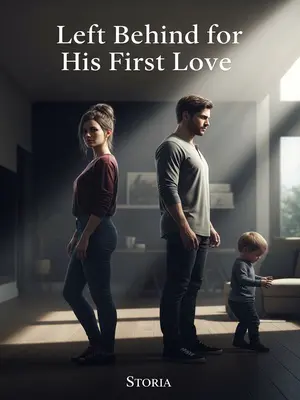Chapter 1: The Notebook Beneath the Floorboards
My grandfather died a violent, unexplainable death.
No one could really say what happened to him, and in those last hours, he couldn’t speak a word. His lips were cracked, his eyes wild with something I couldn’t even name. But his right hand—the same one that used to fix my bike chain or pat my shoulder—just kept trembling, pointing again and again at the old floorboards beneath his bed. For a moment, I wondered if he even knew what he was doing, or if he was trying to tell us something I was too slow to catch.
It was almost like he was trying to warn us, or maybe beg for help. The air felt thick with things nobody was saying. I hesitated, heart pounding—then pried up a loose board. Tucked beneath, wrapped in a faded bandana, was an old, yellowed notebook. The cover was soft with age, the corners curled, and inside, in shaky charcoal script, I read:
"[That day we drilled the wrong shaft and uncovered that door.
[Whatever was behind the door buried everyone in the mine.
[To this day, the workers are still piled together, crying out like lost sheep at the bottom of the mine.
[I'll end up as one of them sooner or later.
[Because it's about to find me.]"
I stared at the page for a long time, the words blurring in the thin morning light. The handwriting was uneven, desperate. I could almost hear my grandfather’s voice in my head, low and urgent—*Eli, listen.*
My family thought my grandfather's death was just bad luck and wanted nothing to do with it, hoping to keep bad luck away.
In our family, superstition runs deep. My aunts and uncles barely called, let alone showed up. They kept their distance, muttering about bad omens and not wanting to invite trouble. I couldn’t blame them, but it still hurt. I heard my cousin say, “We just need to move on, not get dragged into this.” It stung. They acted like grief was contagious, like if they ignored it, they could outrun whatever haunted my grandfather.
Only my grandmother and I took care of the funeral arrangements. For a second, I wondered if it would always be just us against the world.
The two of us sat at the kitchen table, shuffling through paperwork and calling the funeral home. The clock ticked loud in the silence. She made coffee that neither of us drank, and her hands shook as she folded his favorite shirt for the viewing. I remembered how he used to wear that shirt to every family picnic—seeing her fold it made my throat ache. The house felt emptier than ever.
My grandmother couldn't stop crying. She sat hunched over, shoulders shaking, tears running down her face as she whispered, “I don’t understand it.”
Her voice broke as she talked, words tumbling out between sobs. “I just don’t get it, Eli. He was a good man. Why’d it have to end like this?” She wiped her eyes with the hem of her sweater, her knuckles raw from worry.
My grandfather had worked himself to the bone for this family, nearly getting buried alive in a coal mine. He never complained, just kept going, year after year.
She stared at her hands, voice trembling. “He’d come home covered in soot, so tired he could barely eat. But he always had a smile for you kids. He gave everything to this family.”
He escaped death to put food on the table, so how come not one of his kids came back?
She shook her head, voice rising. “Not a single one. Not even a phone call. After all he did for them.” Her hands balled into fists on the table. The silence that followed felt like a cold draft through the old house. She stood up suddenly, chair scraping the floor, then sat back down, defeated.
After she said this, she hugged me and sobbed:
"Those heartless—cold as wolves, they're not even half as good as you, his grandchild!"
She clung to me, her tears soaking my shoulder. “You’re the only one who stayed, Eli. The only one who remembers...” Her voice trailed off. Her grief pressed heavy between us, and I hugged her tighter, wishing I could take some of it away. *If only I could do something more.*
My stomach twisted. I felt awful too.
My chest ached. I tried to comfort her, but my words felt small. I kept thinking about Grandpa’s quiet strength, the way he always seemed to fade into the background. Even in death, he was almost invisible. Invisible to his own children.
In my memory, my grandfather was always quiet, always kind of faded into the background at family gatherings.
He’d slip in, nod to everyone, and take his usual seat in the corner. He never raised his voice, never told stories like my uncles did. Sometimes I wondered if he felt out of place in his own home.
When the family got together for Thanksgiving or Christmas, he'd sit silently in a corner. Nervously watching everyone, muttering to himself.
He’d fidget with his napkin, eyes darting around the room. Sometimes he’d stare at the front door, like he was waiting for something—or someone. His lips would move, whispering words I couldn’t catch over the noise of the TV and the clatter of dishes. I always wondered what he was saying, but never got close enough to hear—until once.
Once, out of curiosity, I got close enough to hear him whispering:
"One, two, three, four... that's eight people, not more, not more."
His voice was barely a breath, counting under his breath as he scanned the room. I remember the goosebumps prickling on my arms. It seemed so strange—so strange. Almost like he was checking for someone who didn’t belong.
I remember feeling a little scared to see him after that. My grandfather was just superstitious and odd, I thought, but that fear stuck with me.
I’d avoid his gaze, feeling uneasy. My mom would tell me, “He’s just set in his ways, honey.” But there was something about the way he counted, the fear in his eyes, that stuck with me.
But I always wondered—what exactly was he counting? Even now, I wonder.
Even as I grew older, that question nagged at me. Sometimes, late at night, I’d replay those moments in my mind, trying to make sense of them. But the answer never came.
I never expected the answer would be in that charcoal-written notebook. I sat there, staring at it, feeling a chill run down my spine.
Now, holding the notebook in my hands, I realized the truth might be darker than I’d ever imagined. The pages felt heavy, like they carried more than just words.
After reading it, my hands shook and my mind raced. There had to be more to my grandfather's death.
The story didn’t add up. The fear in his eyes, the way he’d withdrawn from everyone, the secrets he took to his grave—it all pointed to something unfinished. I couldn’t let it go. I had to know.
The notebook mentioned the coal mine behind the ridge several times—a place everyone in town said was cursed.
Growing up, the old mine was a shadow on the edge of town. Folks said it was cursed, that bad things happened there. Some said you could hear voices at night, drifting up from the abandoned shaft.
When I was a kid, my grandma always warned me not to go near the old mine behind the woods, all because of that abandoned shaft.
She’d grab my wrist if I wandered too close, her eyes wide. “That place isn’t safe, Eli. Don’t you ever go poking around there.” Her words stuck with me, even as I got older and braver.
After the funeral, I wanted to ask my grandmother and some old neighbors about it. I needed to know why everyone was so afraid.
